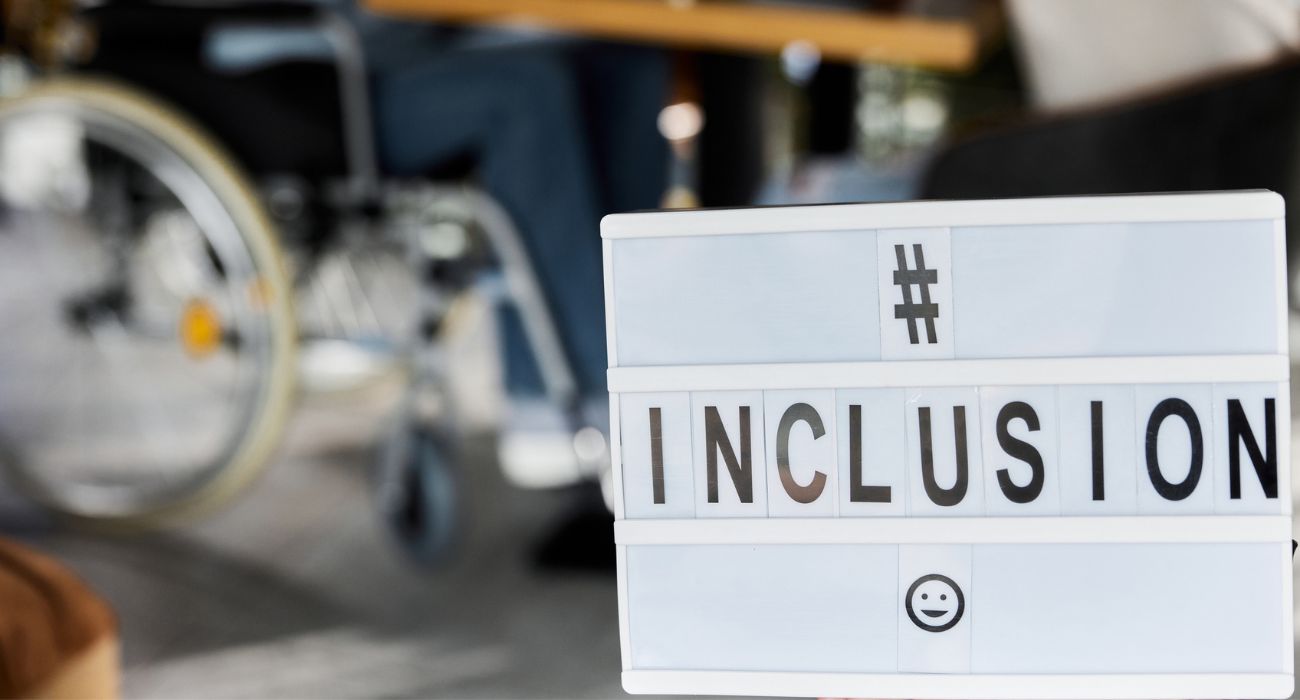Are you able to discuss current issues with friends or relatives who you know disagree with your view of things in today’s world? Unfortunately, most people would either not answer this question or they would simply say, “No.” This has not always been the case. Older generations in this country would debate topics late into the night and likely still remain friends the next morning.
Today, we seem to have lost the art of allowing people to hold different opinions and still remain friends. But why is this?
Perhaps it is because of several factors which line up like some celestial occurrence which only happens once in a thousand years.
The first factor seems to be individualism gone amuck. The idea that life would be perfect, “if only everyone else would see everything the way I do,” is rampant. And following that is the idea that, if you don’t see it the way I do, then there’s something wrong with you, but not with me. I’ve got it, but you obviously don’t.”
Another factor seems to be one surrounding the poorly understood concept of ‘belief.’ We’re told beliefs drive values, that values drive behavior. This accounts for many public behaviors on display regarding the current problems we face as a society. If one’s beliefs differ from the majority in a group that one is either a part of, or one wants to be a part of, then one’s values will be different than the majority and thus behaviors will be likewise different. The effort is then made to force the majority to change their beliefs to fit to the one whose beliefs differ.
The third factor is people’s perception that the overwhelming and incredible technology that permeates every facet of our current society is somehow ‘perfect.’ If our cell phones only worked as often as they sometimes don’t work, most people would likely abandon them and say they are not worth the trouble. But they do work almost all the time. So, the conclusion people draw from this, even if subliminally, is that there is a correct or ‘perfect’ way for things in life to work. If only the other side would ‘get it.’
The last factor is the problem of certainty. For many people, their beliefs (whether religious or not), help stabilize a person’s ability to cope with all that life throws at an individual, over time, especially if they help people to lead a successful, fulfilling life, tend to not change easily at all. To the person who is content with their belief system and it has proved to have provided a sufficiently accurate roadmap and has successfully guided them through their journey of life, they become certain that their beliefs are, in fact, the truth, and no longer just wishful thinking or dreams. There is thus no reason to change. Other’s beliefs, especially those that differ widely from theirs, are obviously wrong. Good habits are tough to change. Why would they? For them, they have proven to work. When placed against new ideas, the tried and true will be retained, not the new idea that might work and only satisfies the criteria of those pushing that idea for their particular group.
There is an adage in sales which is clearly stated in Brian Tracy’s book “The Psychology of Selling” which states, “People decide emotionally and then justify logically.”
This concept actually is in play by virtually every human every day and not just when buying something. Listen to how people talk: “I feel like…” We must admit we are emotional creatures – we certainly start out that way. Only in science and technology which are overwhelmingly controlled by the laws of physics does the emotional portion of our decision-making process have the best chance of not interfering with a choice we have to make. It is how well we face, feel and manage our emotions that determine outcomes. Ask any successful older person and they will tell you that most emotional decisions are fraught with dangerous results. The more understanding and awareness an individual has in the role emotions are playing, especially in important critical decisions, very often results in superior outcomes as compared to impulsive emotional ones. This is perhaps the main reason our laws require a person must reach the age of majority (i.e., the age at which a state grants an individual the rights and responsibilities of an adult), before we hold them fully accountable for their actions (behaviors) since we realize it takes at least some level of maturity to avoid making purely impulsive emotional decisions. There is no guarantee that by the age of 18, an individual will actually have achieved such maturity, but to continue the game of life, an age has been set.
Another point can be made while thinking about discussions with friends and/or family with whom you know you disagree. Acknowledge that their, as well as your, positions are each likely based entirely on their and your separate belief systems, respectively. A quote from St. Thomas Aquinas is appropriate here: “To one who has faith, no explanation is necessary. To one without faith, no explanation is possible.” This does not only apply to religious issues. It applies whenever both parties have different beliefs about the starting point of the same issue. Is the mRNA safe to use or not? The arguments can be endless, but it will ultimately come down to the belief of the person whether they agree or disagree. Each side will point to their facts which the other side will rebut with their facts. At the end of the day, they will end the discussion but only accept what their beliefs tell them.
If you listen carefully, each side may list innumerable ‘facts’, anecdotes, examples, etc. to support their position, which is actually derived from their beliefs and defends their position (which will be the same as done by the other side’s position). As St. Thomas’ quote teaches us, since you are expecting the other side to abandon their beliefs (the only way you can win the argument) you will not succeed as “no explanation is possible.”
In business, when two sides are negotiating for example to buy/sell a piece of equipment, there is an underlying premise that is a common goal. The exchange of one thing (usually money) for another thing (say, a piece of equipment). As a result, the two have a common goal, to effectuate the exchange.
Both parties enter the negotiation with the goal of making the exchange happen to satisfy each side’s needs. They make their points about why the buyer should buy from the seller at a certain price, with certain delivery date and that the equipment will have all the features the buyer needs. The discussions go back and forth until agreement is reached with each side giving in where they can to conclude the deal. Good negotiators learn that listening to the other side is often more beneficial than talking.
While the discussions with friends and family resemble the negotiations for a piece of equipment and similar arguments are made, there is one basic element that is misunderstood. What is the common goal?
The common goal for family and friends, is the relationship with those family and friends, “If you would/could just see it from my point of view we could be close friends again!”. This differs as with the equipment example in which after the sales is completed, the parties may never speak to each other again. We want to be close and engaged with our family and friends as perhaps we once were, but we’ve discovered that the beliefs we have become comfortable with, those beliefs that allow us to see life in a way that lets us feel as though we ‘get it’ (or somehow explains life’s meaning to us or at least allows us to endure lower amounts of stress into our lives) are different from our friends and family. Like a good negotiator, listening can be more important than talking.
The differences that are going on now in society have been going on for several millennia. Plato, in The Republic, argued that, in today’s language, it takes a village to raise a child. Children belong to the group, parents not so much. But Aristotle, Plato’s pupil argued against that and said the family was the basic unit of society. The family was paramount. In one sense, nothing has really changed in all these years since the same belief systems are being fought over, and over, and over again.
While the answer to our differences seems to remain elusive, perhaps the one thing that both sides can agree on is that forcing the other side to accept our viewpoint will never work. This is equivalent to a mugging using one side’s viewpoints instead of a gun. One side might temporarily get what they want through force, but there will never be the warm relationship that could have been achieved had only the mugger asked rather than stolen.







Very, very well put! Many readers and commenters of this forum should heed your very valuable advice and wisdom!